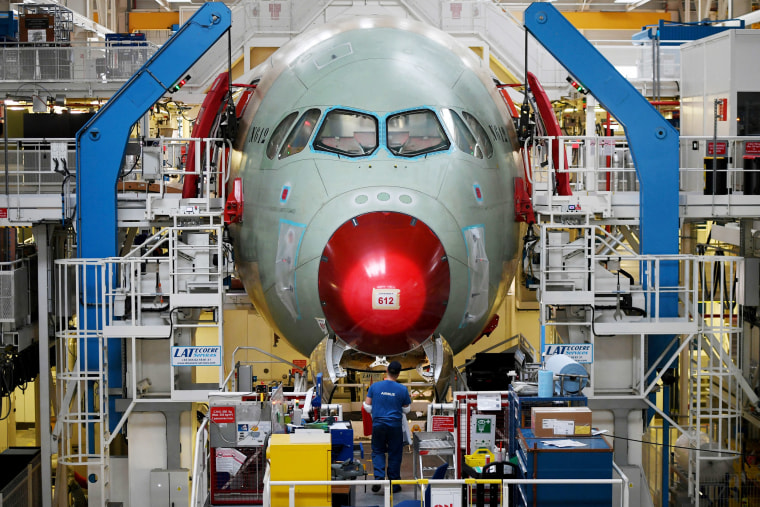Boeing and Airbus May Have Used Counterfeit Titanium in Planes, FAA Says
The use of counterfeit materials in critical industries has always been a cause for concern, and recently, the Federal Aviation Administration (FAA) raised an alarm regarding the possibility that Boeing and Airbus might have utilized counterfeit titanium in their planes. Titanium is a crucial material in aircraft manufacturing due to its strength-to-weight ratio, corrosion resistance, and high heat resistance. Any compromise in the quality of titanium used in aircraft construction can pose significant safety risks.
Counterfeit materials can find their way into the supply chain through various channels, including unauthorized distributors, substandard suppliers, or outright illegal activities such as smuggling and counterfeiting operations. Despite strict quality control measures in place, the complex network of suppliers involved in aircraft production makes it challenging to monitor every step of the supply chain effectively.
The discovery of potential counterfeit titanium in planes manufactured by two of the largest aircraft manufacturers in the world has far-reaching implications. Not only does it raise concerns about the safety and structural integrity of the aircraft fleet, but it also underscores the need for greater transparency and oversight in the aerospace industry supply chain.
The FAA’s findings highlight the importance of robust quality control measures throughout the supply chain, from the sourcing of raw materials to the final assembly of aircraft components. Given the global nature of the aerospace industry, with components sourced from various countries around the world, ensuring the authenticity and quality of materials used in aircraft construction is paramount.
Boeing and Airbus have responded to the FAA’s concerns by launching internal investigations to determine the extent of the issue and identify any planes that might have been affected. Both companies have emphasized their commitment to safety and have reassured the public that they are taking all necessary steps to address the situation and prevent similar incidents from occurring in the future.
In light of this development, it is essential for aircraft manufacturers to revisit their supply chain management practices and establish more stringent controls to prevent counterfeit materials from entering the production process. This includes performing thorough due diligence on suppliers, conducting regular audits and inspections, and implementing robust quality assurance protocols.
The potential use of counterfeit titanium in planes manufactured by Boeing and Airbus serves as a wake-up call for the aerospace industry to prioritize quality, safety, and regulatory compliance at every stage of aircraft production. By strengthening supply chain management practices and reinforcing quality control measures, aircraft manufacturers can uphold the highest standards of safety and reliability in the aviation industry.
